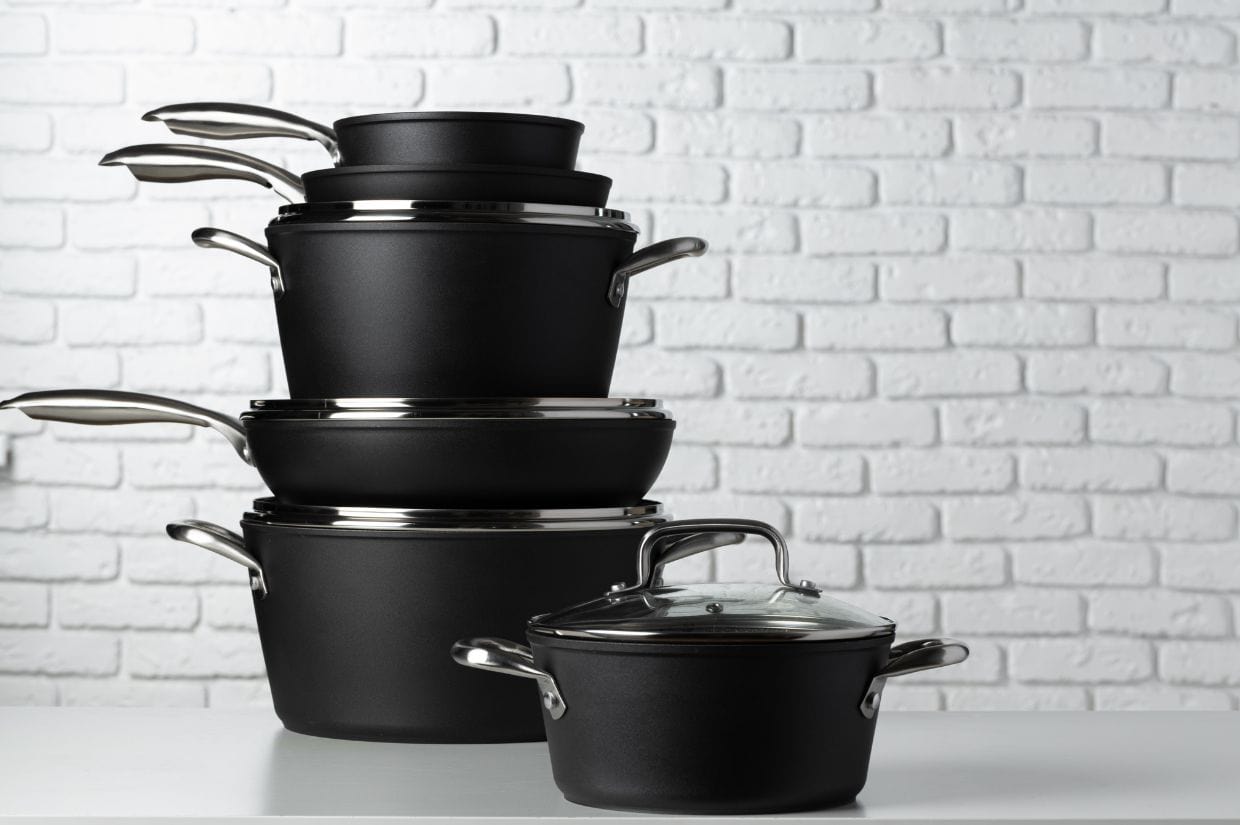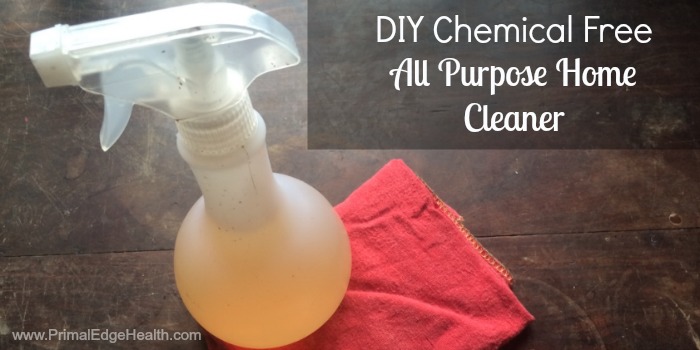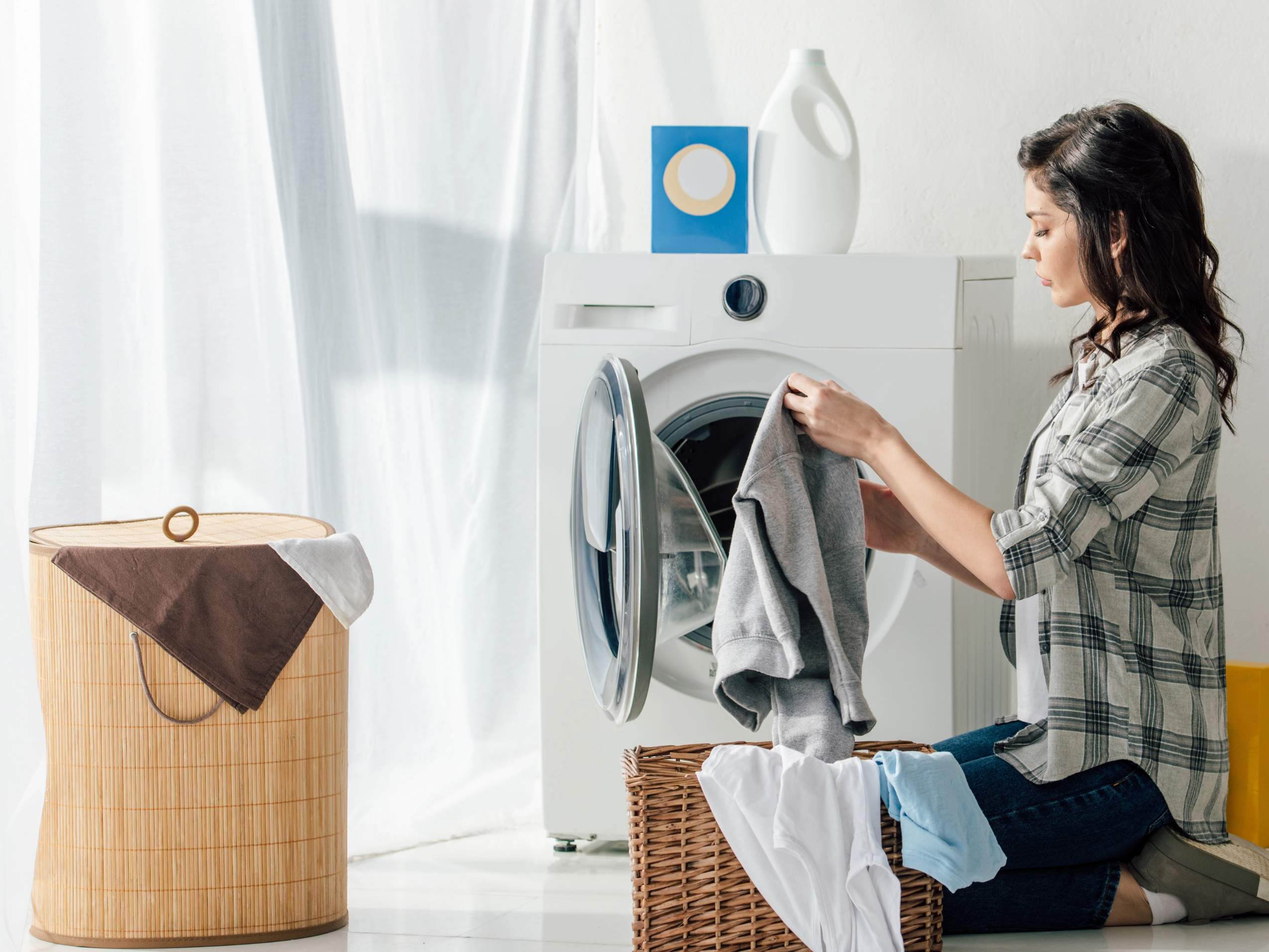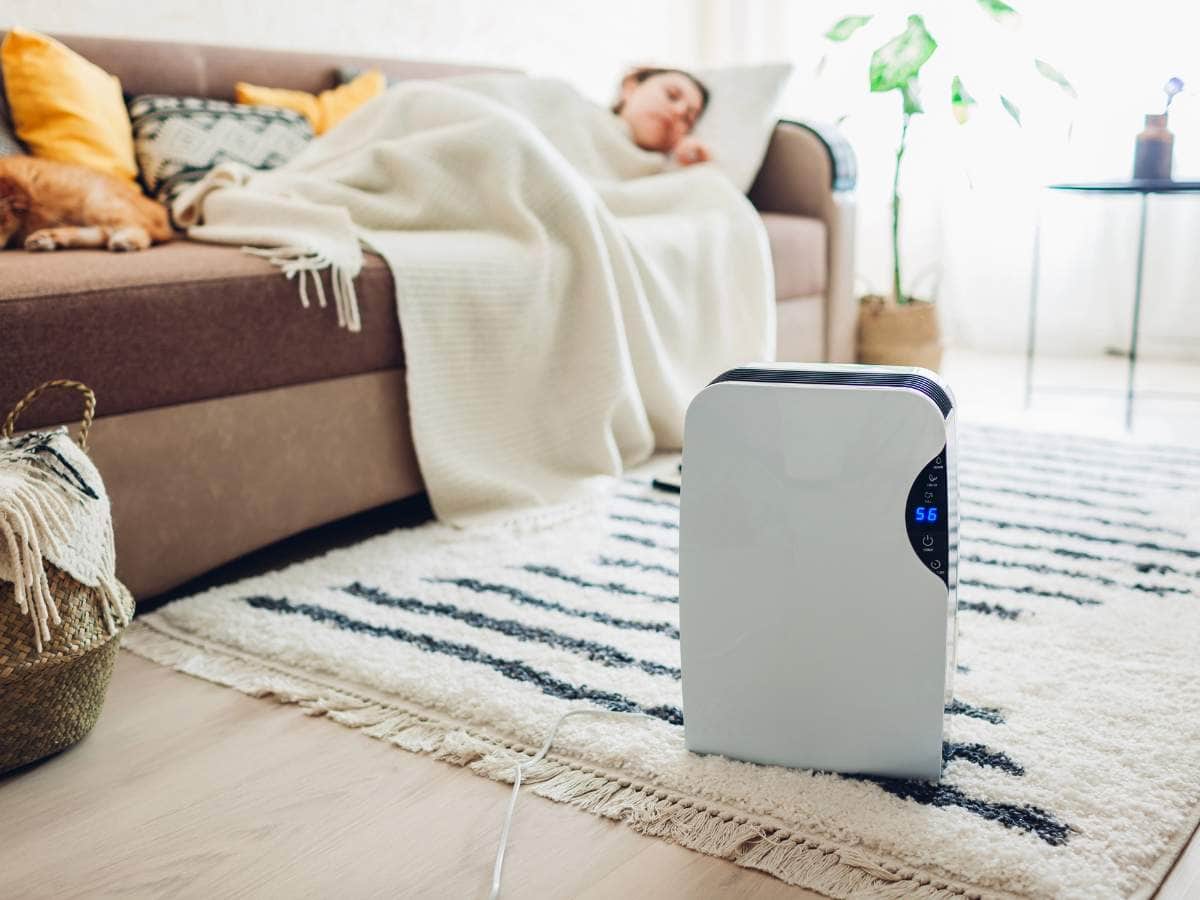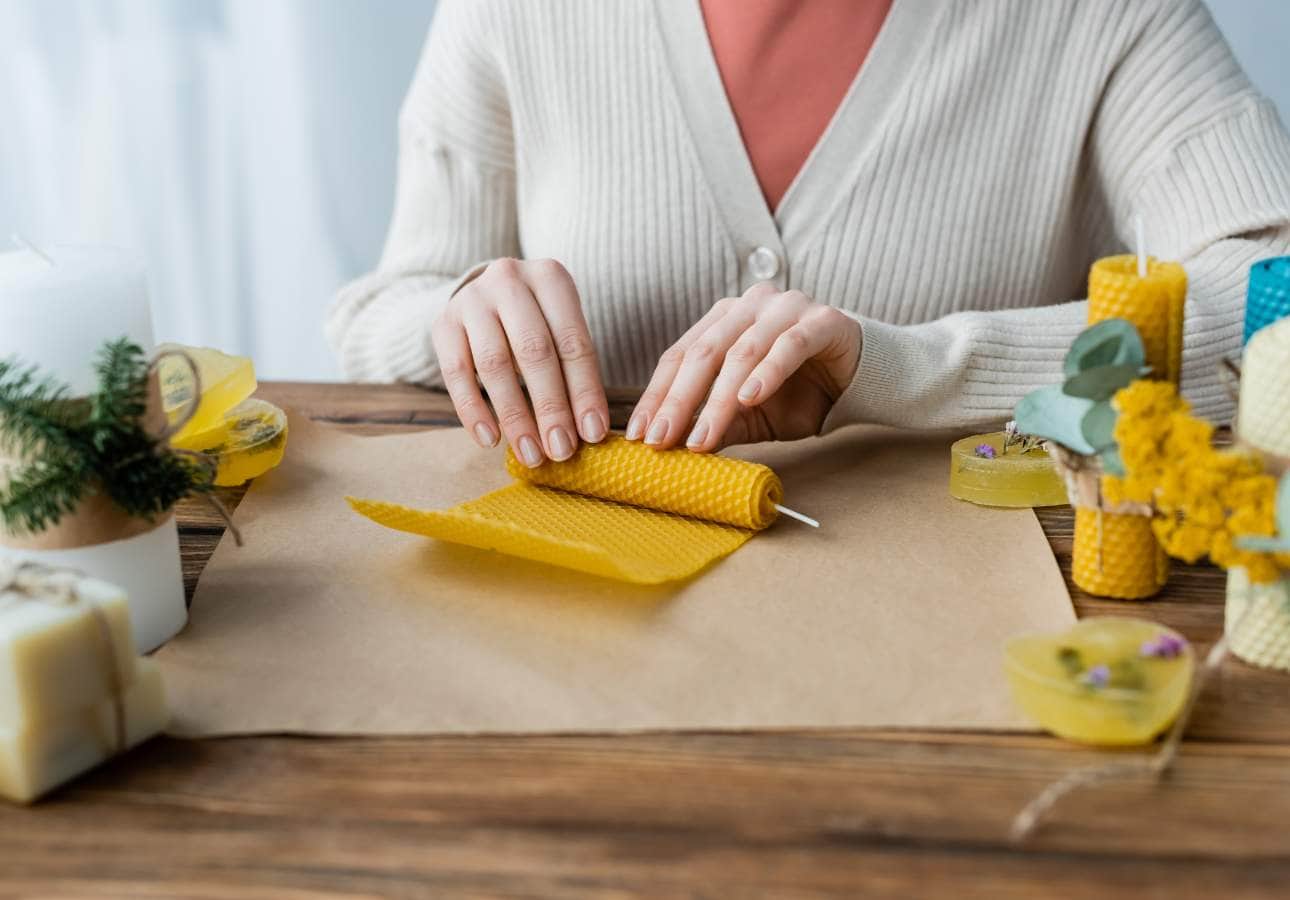5 Best Laundry Soap for Sensitive Skin: No More Flare-Ups!
Primal Edge Health participates in the Amazon Services LLC Associates Program and other affiliate programs and therefore, may collect a share of sales or other compensation from the links on this page. This comes at no additional cost to you, and all the prices and availability are accurate at the time of publishing.
The best laundry soap for sensitive skin is one that’s made with natural ingredients and free from dyes, fragrances, bleach, and other chemicals that can lead to skin issues. However, finding the perfect one is easier said than done.

Need a laundry soap that won’t be harsh on your skin but will be tough on stains? Let’s talk about the harmful ingredients in laundry products you should avoid, what to choose instead, and some of the best non-toxic products for a safer laundry routine.
Table of Contents (click to view)
How Do You Know if Your Laundry Soap is Bad For You?
If you have sensitive skin, you’re probably already aware of that fact. However, you might not always know what can trigger your skin issues. Could it be that new body wash you’re using? A new skincare product? A hand soap from the public bathroom?
What about the laundry soap you’re using? Sometimes, the culprit is right under your nose.
If you’ve already racked your brain for potential triggers and found none that could be causing your issues, it might be your laundry detergent. Here are some common symptoms to look out for:
- Itchy skin
- Rashes
- Hives
- Dryness and flaking
- Swelling and redness
- Burning or stinging sensation
If you notice these symptoms, you may have contact dermatitis. According to the University of Maryland, contact dermatitis is a type of eczema that occurs when your skin comes into contact with an irritant or allergen like detergent, causing inflammation, itching, and rashes.
Body soap is important too. I use a pure tallow soap. No fragrances, no additives; just plain and simple. That was a huge win for me.
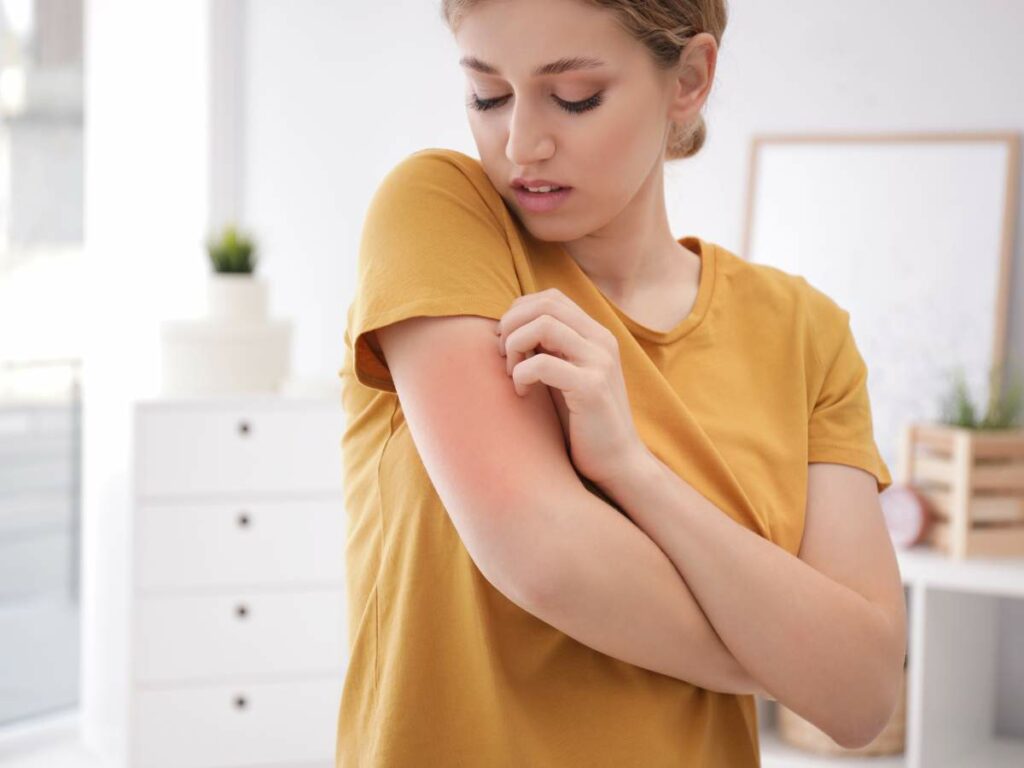
What About Other Skin Sensitivities?
Sometimes, contact dermatitis can sneak up on someone, only appearing when you come in contact with a trigger. However, other conditions are already present and can be exacerbated by irritants like laundry soap. These include:
Eczema
Individuals with eczema have a compromised skin barrier. According to the National Eczema Association, this makes them more prone to irritation from chemicals in laundry detergents and other products like shampoo, disinfectants, and metals.
The weakened barrier allows allergens and irritants to penetrate the skin more easily, leading to flare-ups characterized by red, itchy, and inflamed skin.
Psoriasis
This chronic skin condition involves the rapid growth of skin cells, resulting in thick, scaly patches. Harsh detergents can make psoriasis worse by causing further irritation and dryness, which can trigger flare-ups that increase discomfort and inflammation.
Sensitive Skin
People and babies with generally sensitive skin may react to fragrances, dyes, and other additives in detergents. These reactions can manifest as redness, itching, and irritation, making it important for those with sensitive skin to choose hypoallergenic and fragrance-free laundry products to minimize the risk of adverse reactions.
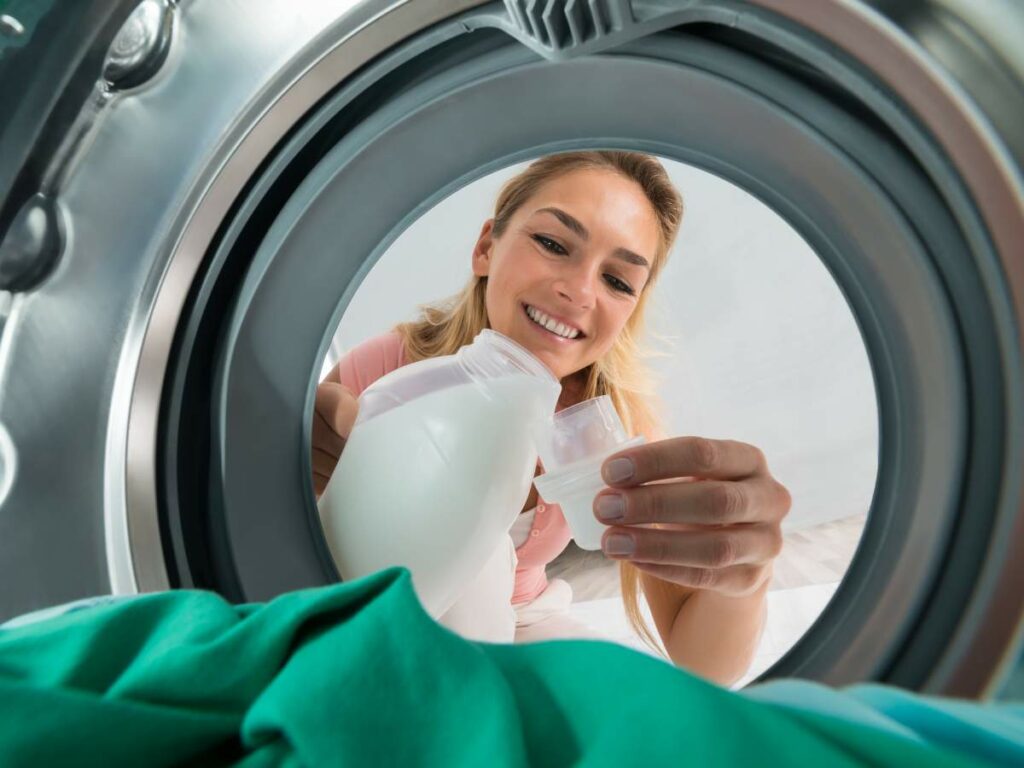
What Laundry Soap Ingredients Are Bad for the Skin?
We’ve covered non-toxic laundry detergent before, and I can say that most of those products are safe for all skin types due to the lack of harmful ingredients. However, we considered a lot of factors, including skin safety, indoor air quality, and the environmental impact of the detergents.
For this article, we’re zeroing in on one very important factor: laundry soap’s safety for sensitive skin. To start, let’s talk about the common ingredients that trigger skin issues in the first place.
Fragrances
When you pick up your freshly laundered clothes and inhale that delightful “fresh linen” or “spring breeze” scent, you might not realize that those pleasing aromas could be hiding some nasty secrets.
Synthetic fragrances, often labeled vaguely as “fragrance” or “perfume,” are a common ingredient in many laundry detergents. While they make your clothes smell nice, they can also wreak havoc on your skin and overall health.
These fragrances are a leading cause of contact dermatitis. For some, even brief exposure can trigger allergic reactions, leading to discomfort and irritation. The American Academy of Dermatology has noted that fragrances are among the top allergens that can cause such reactions.
Sadly, the term “fragrance” or “perfume” on a product label is often a catch-all for a complex mixture of chemicals. Manufacturers are not required to disclose the individual components of these mixtures, which is why it’s up to us as consumers to be more vigilant. I also avoid synthetic fragrances in candles and prefer non-toxic candles with essential oil instead.
Dyes
Artificial dyes used to color laundry detergents might make your laundry look bright and appealing, but they can be a hidden culprit for skin issues. According to the American Academy of Allergy Asthma and Immunology (AAAAI) these synthetic dyes can cause skin irritation and allergic reactions, leading to red, itchy patches and uncomfortable rashes.
This is especially true for individuals with sensitive skin or conditions like contact dermatitis. Dyes can disrupt the natural balance of your skin, causing it to react adversely. The chemicals in these dyes can penetrate the skin barrier, leading to inflammation and discomfort.
Preservatives
Did you know that laundry detergent can expire? Yep, unopened detergent lasts for up to 12 to 18 months, depending on where you store it.
However, soaps last that long because of preservatives. Preservatives like formaldehyde and methylisothiazolinone are used in laundry detergents to keep them fresh longer. However, these chemicals can be tough on your skin.
Formaldehyde is a low-cost antibacterial commonly used in things like laundry detergent and soap, but it can cause allergic reactions and skin irritation, according to the Environmental Working Group. On the other hand, methylisothiazolinone is known for triggering severe allergic reactions, including contact dermatitis.
Surfactants
Surfactants are key ingredients in laundry detergents, helping to remove dirt and stains from fabrics. However, some surfactants, like sodium lauryl sulfate (SLS) and sodium laureth sulfate (SLES), can be harsh on your skin.
According to the Journal of the American Academy of Dermatology, these chemicals are known to strip the skin of its natural oils, leading to dryness, and irritation. Sometimes, they can even lead to allergic reactions.
Optical Brighteners
Optical brighteners are synthetic chemicals added to laundry detergents to enhance the appearance of fabrics. They work by absorbing ultraviolet light and re-emitting it as visible blue light, making clothes look whiter and brighter.
While this can make your laundry look cleaner, these brighteners often remain on fabric even after rinsing. This residue can then come into contact with your skin, which can potentially cause irritation, itching, and allergic reactions, according to this 2002 study by the Journal of the American Academy of Dermatology.
For people with already sensitive or compromised skin, such as those with eczema, psoriasis, or contact dermatitis, the residue from these brighteners can exacerbate existing conditions. They can also contribute to long-term sensitivity issues and make your skin more reactive to other irritants.
Bleach
Bleach is present in almost all cleaning products because it’s so effective at disinfecting. However, as you probably know by now, bleach can be extremely harsh on the skin.
There are two main types of bleach: chlorine and non-chlorine. Chlorine bleach, a common household cleaner, can cause significant skin irritation. According to the Burn and Reconstructive Centers of America, its strong chemical properties can lead to dryness, redness, and even chemical burns if not handled properly.
Non-chlorine bleach, often marketed as a safer alternative, can also cause skin issues. Though it may be milder than its chlorine counterpart, it still contains chemicals that can lead to dryness and irritation, especially in individuals with sensitive skin. Detergents often have smaller amounts of bleach than pure bleach, but they can still be harmful.

How to Find a Skin-Safe Laundry Soap
With all that in mind, how do you find a laundry soap that’s safer for your sensitive skin? Here are a few important things to consider:
Check for Hypoallergenic Labels
When shopping for laundry detergents, prioritize those labeled “hypoallergenic.” These products are formulated to minimize the risk of allergic reactions and skin irritation. Hypoallergenic detergents typically avoid common irritants like fragrances, dyes, and harsh chemicals that can cause skin problems.
The same is true for non-toxic dish soap. Since dish soap comes in contact with our skin frequently (even more so than detergent), choosing a hypoallergenic option is extremely important if you have sensitive skin.
However, the Environmental Protection Agency (EPA) warns that there are no legal requirements or industry standards to claim a product as “hypoallergenic.” Thus, always read the ingredient label first.
Avoid Fragrances and Dyes
Choose detergents labeled “fragrance-free” and “dye-free.” These products are designed to be gentler on the skin to reduce the likelihood of adverse reactions. However, some products may claim to be gentle but still contain trace amounts of these irritants. Look for clear labeling and consider products recommended by dermatologists or those with certifications from skin health organizations.
I always recommend choosing a scent-free laundry soap, but if you prefer scented products, opt for those that use natural fragrances and dyes. Essential oils and plant-based colorants can provide a safer alternative to synthetic chemicals.
Alternatively, you can use vinegar or baking soda as a natural deodorizer. If you want a hint of a fragrance, use a few drops of pure essential oils, but make sure they won’t stain your clothes.
Look for Gentle Ingredients
As I’ve said before, ingredients like sodium lauryl sulfate (SLS), sodium laureth sulfate (SLES), formaldehyde, and methylisothiazolinone are known to cause dryness, irritation, and allergic reactions. Instead, go for detergents formulated with natural or mild ingredients.
The same goes for fabric conditioners. If you have sensitive skin, you might skip the fabric conditioner altogether, but these fabric softeners made for sensitive skin contain gentle ingredients to make sure you don’t suffer any irritation.
Consider Eco-Friendly Options
On a similar note, you might want to explore eco-friendly or green products for your laundry routine. These products typically use biodegradable ingredients that are less harsh on the skin.
Natural surfactants, plant-based enzymes, and essential oils replace synthetic chemicals, making the detergents gentler. Additionally, eco-friendly options avoid harmful additives like phosphates and optical brighteners, which can cause skin problems and environmental harm.
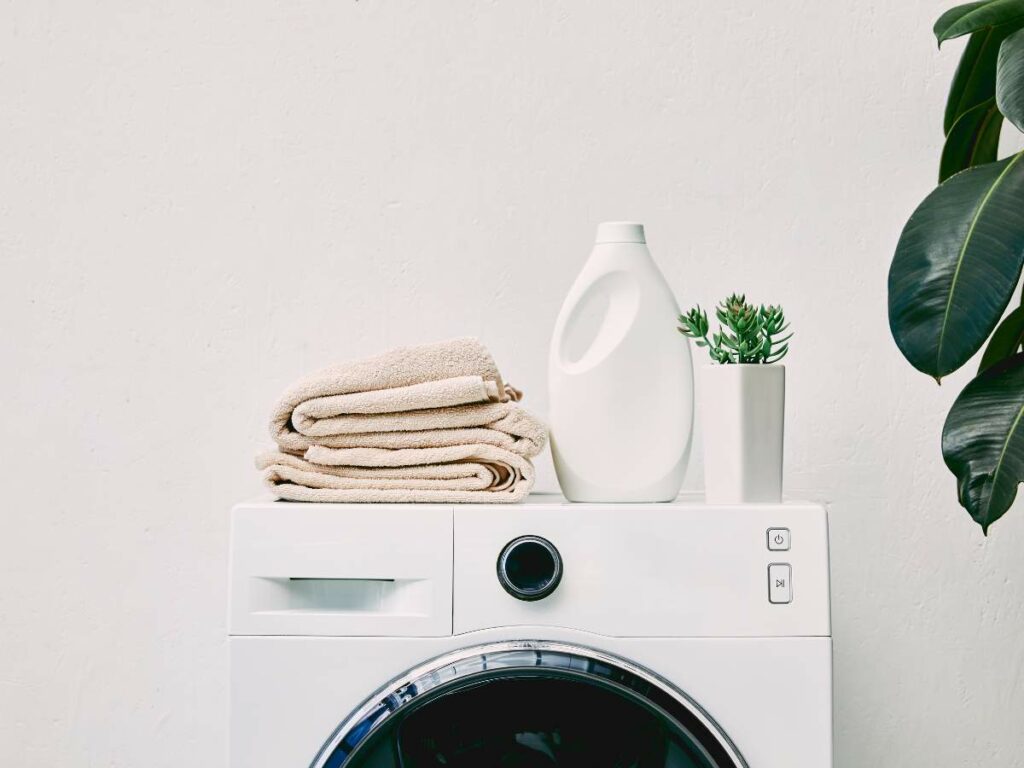
Best Laundry Soap For Sensitive Skin
I’ve tried quite a handful of laundry detergents over the years since everyone in my family has quite sensitive skin. It took quite a bit of trial and error, but here are the best products that checked all the boxes.
Arm & Hammer Sensitive Skin Free & Clear
The Arm & Hammer Hypoallergenic Detergent is free from dyes, perfumes, and preservatives. It features a gentle formula that effectively cleans clothes without causing any skin irritation. Despite being tough on stains, it remains mild on fabrics and skin.
I appreciate that it’s dermatologist-tested so I’m much more confident about its suitability for sensitive skin. Plus, the liquid is concentrated, meaning I get to wash more loads for less money.
Molly’s Suds Laundry Detergent Sheets
Molly’s Suds has always been one of my favorite brands, and in my opinion, their best product is these Laundry Detergent Sheets with plant-based enzymes. Free from synthetic fragrances, dyes, and harsh chemicals, this detergent uses the power of plant-based ingredients to tackle stains effectively.
My clothes come out spotless and fresh without any skin irritation. Plus, the plastic-free packaging is a fantastic bonus for anyone looking to reduce their environmental footprint. I also love the concept of sheets instead of liquid or powder detergent because they save so much space and are easy to carry around!
Pronounce Laundry Detergent Powder Alternative
Unlike conventional detergents, this Pronounce Laundry Detergent Powder Alternative is crafted from non-toxic, eco-friendly ingredients that are kind to both your skin and the environment. It’s free from synthetic fragrances, dyes, and harsh chemicals, making it perfect for anyone with sensitive skin.
The best thing about it is that you can easily see what ingredients are in it. True to its word, this detergent has simple ingredients, including baking soda, washing soda, Epsom salt, soapberries, and enzymes.
Clean People Fragrance-Free Laundry Detergent Sheets
If you prefer your laundry to be scentless, I recommend these Fragrance-Free Laundry Detergent Sheets from Clean People. Despite its gentle formula, it’s highly effective at removing stains and odors. The concentrated formula means you need less detergent per load, which is both economical and eco-friendly.
I also love that it’s safe for all washing machines. That means I can take it while traveling and won’t have to worry about messing up someone else’s washer!
Truly Free Laundry Wash
Here’s something I recommend for families with young children and sensitive skin: the Sensitive Skin Natural Detergent from Truly Free. This non-toxic detergent is made from plant-based ingredients and is free from harsh chemicals. In fact, it’s so hypoallergenic that it’s a great product for washing baby clothes.
I recommend buying a large jug for your first purchase, it’ll last for months! After that, Truly Free sells refills in eco-friendly packaging so you won’t have to waste plastic every time.
Make Your Clothes Safer for Your Skin
Laundry soap is one of the last things we expect to be bad for our skin, but here we are. Nevertheless, it’s totally manageable to find a laundry soap that won’t trigger your skin sensitivities but will clean your clothes as effectively as it should.
What do you think about our recommendations? Let me know in the comments below! And for more tips like this, don’t hesitate to explore more of Primal Edge Health.


